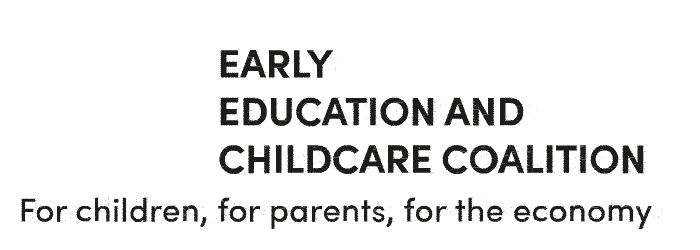Shifting the Conversation
Our previous research into wider public attitudes to early education and childcare showed that those who are most likely to prioritise the issue at the next election are those with children who are still using some form of childcare.
As the people who are using and paying for early years services, and as the target of early education and childcare policies aimed at boosting economic activity, parents have a major stake in the debate. They are also the people who act as advocates for their children, so it’s essential that we understand them and their concerns, and bring their voices into the discussion.
These guides are focused on parents’ attitudes, but also, importantly, on how the debate can include the needs of children themselves. They share insights from the Early Education and Childcare Coalition’s research and are underpinned by the Common Outcomes Framework for Children, developed by Kindred Squared and For Baby’s Sake. The framing in these guides was developed by exploring and testing parents’ attitudes towards this framework and how early education can best support their children to thrive.
The Snapshot
Frame the debate in terms of the quality of the child’s experience, as this is the priority for parents.
Parents value choice in how they balance work with raising their children. They view early education and childcare as a necessity that allows them to work and provide for their children, rather than a luxury that allows them to further their careers.
The relationship between parents and government is a two-way street. When parents work they support the economy. In return they expect a quality, affordable early education system for their children.
Talk about the child’s experience first. Parents want to go to work and know their child is safe, healthy, happy, engaged and supported to learn.
Keep the role of parents in the frame and try not to talk about parents and children as completely separate entities.

